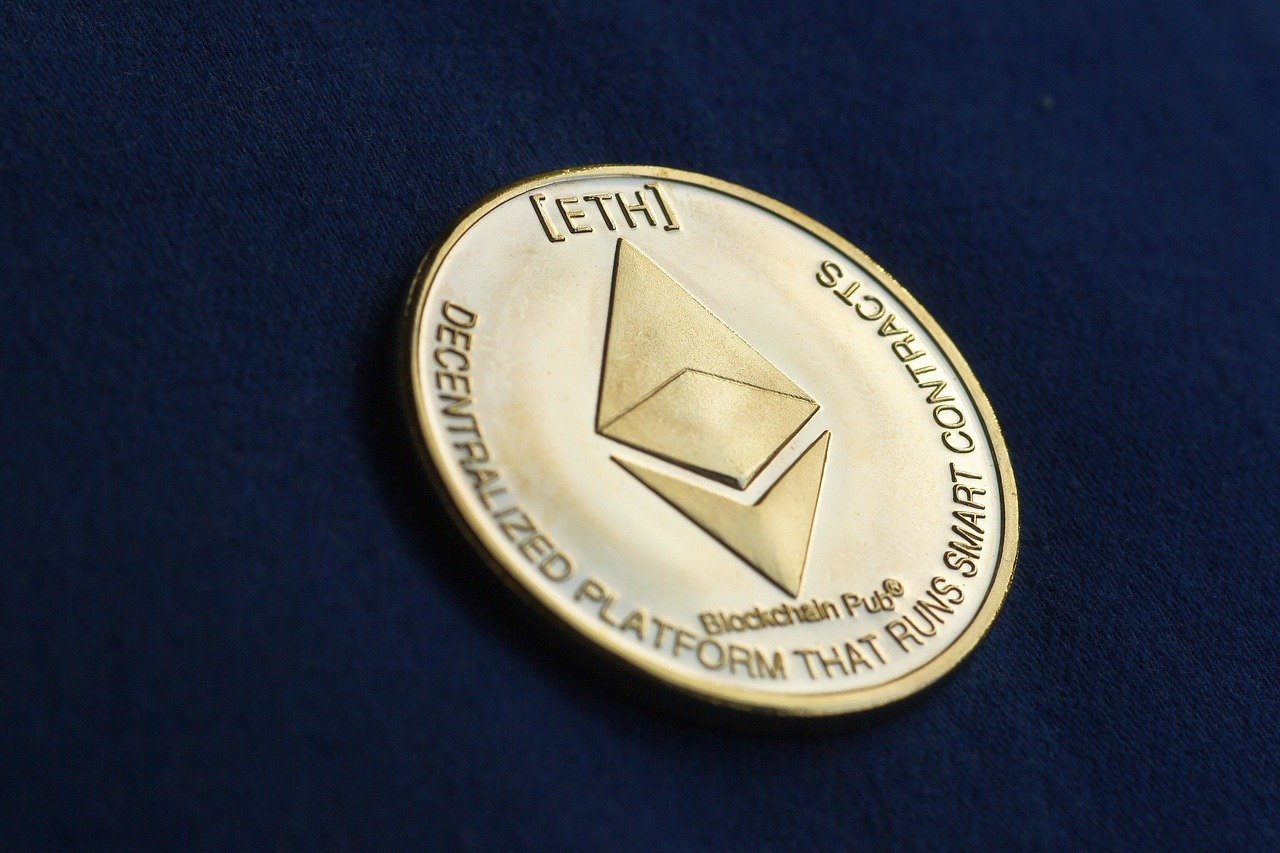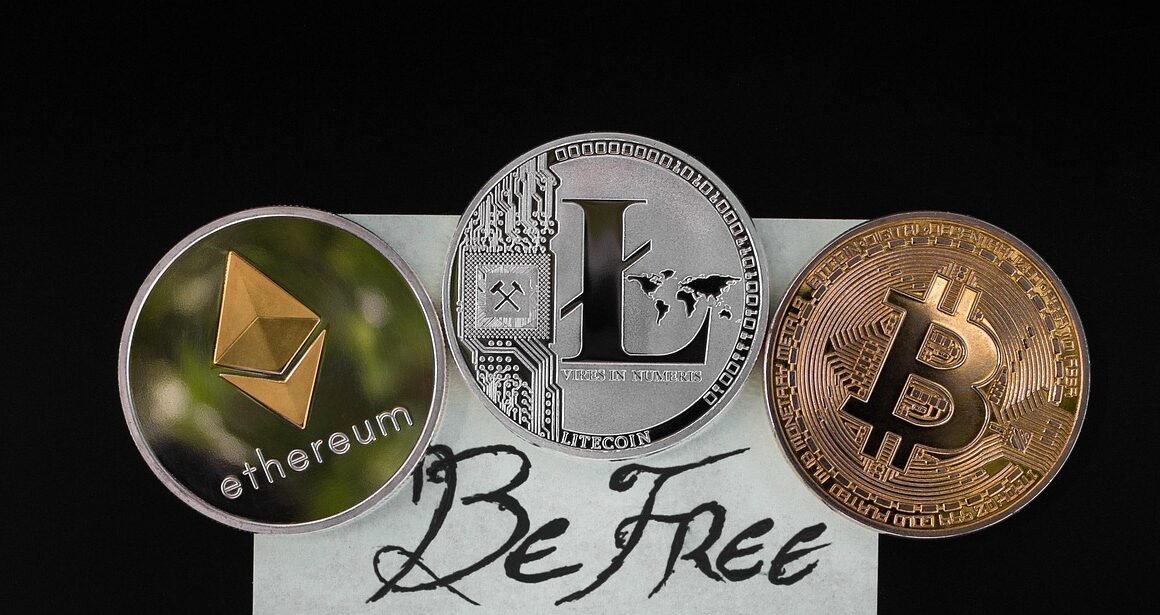Navigating the world of cryptocurrency offers exciting opportunities, but it also demands a keen understanding of security. With digital assets becoming increasingly valuable, they’ve also become prime targets for cybercriminals. Protecting your crypto isn’t just about choosing the right exchange; it’s about adopting a comprehensive security strategy that safeguards your investments from all angles. This guide explores essential crypto security measures to help you navigate the digital landscape with confidence.
Understanding Crypto Security Threats
Common Types of Attacks
The crypto space is rife with various threats, making it crucial to understand the different types of attacks you might encounter. Here’s a breakdown of some common ones:
- Phishing: Cybercriminals often use fake emails or websites that mimic legitimate platforms to trick you into revealing your private keys or login credentials. Example: Receiving an email that appears to be from your exchange asking you to reset your password via a suspicious link.
- Malware: Malicious software can steal your private keys or other sensitive information from your computer or mobile device. Example: Downloading a seemingly harmless program that secretly logs your keystrokes.
- Exchange Hacks: Exchanges are centralized targets, and large-scale breaches can result in the theft of users’ funds. Example: The Mt. Gox hack, which resulted in the loss of hundreds of millions of dollars worth of Bitcoin.
- 51% Attacks: In proof-of-work cryptocurrencies, a malicious actor controlling over 50% of the network’s hashing power could potentially reverse transactions.
- SIM Swapping: Criminals can trick your mobile carrier into transferring your phone number to their SIM card, allowing them to intercept SMS-based two-factor authentication codes.
The Human Element in Security
While technology plays a crucial role in crypto security, the human element is often the weakest link. Social engineering tactics can exploit trust and carelessness, leading to devastating losses.
- Lack of Awareness: Many users are unaware of basic security best practices, making them vulnerable to scams.
- Password Management: Using weak or reused passwords makes it easier for attackers to gain access to your accounts.
- Emotional Decision-Making: Fear and greed can cloud judgment, leading to impulsive decisions that compromise security.
Example: Falling for a “get rich quick” scheme or panic-selling during a market downturn.
Securing Your Wallets
Choosing the Right Wallet Type
Selecting the appropriate wallet type is a foundational step in securing your cryptocurrency. Different wallets offer varying levels of security and convenience.
- Hardware Wallets: These are physical devices that store your private keys offline, providing the highest level of security.
Example: Ledger Nano S/X, Trezor Model T.
Benefit: Immune to online attacks, requires physical access to authorize transactions.
- Software Wallets: These wallets are installed on your computer or mobile device and offer more convenience than hardware wallets but are more susceptible to attacks.
Example: Exodus, Electrum (Bitcoin), MetaMask (Ethereum).
Considerations: Always download from the official website and keep your software updated.
- Exchange Wallets: Holding your crypto on an exchange is convenient for trading but exposes you to the risk of exchange hacks.
* Recommendation: Only store the amount you need for trading on an exchange.
- Paper Wallets: Involves generating a private and public key pair and printing them out on paper. Useful for cold storage but requires careful handling to avoid damage or loss.
Best Practices for Wallet Security
Regardless of the type of wallet you choose, adhering to these best practices is crucial:
- Strong Passwords: Use strong, unique passwords for all your crypto accounts and wallets. Use a password manager to generate and store complex passwords securely.
- Two-Factor Authentication (2FA): Enable 2FA on all your accounts, using an authenticator app like Authy or Google Authenticator over SMS-based 2FA.
- Secure Storage of Seed Phrase: Your seed phrase is the key to recovering your wallet. Store it offline in a safe and secure location, away from prying eyes. Consider using a metal seed phrase storage device.
- Regular Backups: Back up your wallet regularly to prevent data loss in case of hardware failure or other unforeseen events.
- Keep Software Updated: Ensure your wallet software and operating system are always up to date to patch any security vulnerabilities.
- Avoid Public Wi-Fi: Avoid accessing your crypto wallets or accounts on public Wi-Fi networks, as they are often unsecured and can be easily intercepted by hackers.
Protecting Your Exchanges Accounts
Choosing a Reputable Exchange
Selecting a reputable and secure cryptocurrency exchange is paramount for safeguarding your funds. Consider these factors:
- Security Measures: Look for exchanges that implement robust security measures, such as two-factor authentication, cold storage of funds, and regular security audits.
- Reputation and History: Research the exchange’s reputation and history. Check for past security breaches or regulatory issues.
- Insurance Coverage: Some exchanges offer insurance coverage to protect users’ funds in case of a security breach.
- Transparency: A transparent exchange that provides clear information about its operations and security practices is generally more trustworthy.
Implementing Strong Security Practices
Even with a reputable exchange, you must implement strong security practices to protect your account.
- Strong Passwords and Unique Email: Use a strong, unique password that is different from your other accounts. Create a separate email address solely for your cryptocurrency accounts.
- Enable 2FA: Enable two-factor authentication (2FA) using an authenticator app.
- Whitelist Addresses: Many exchanges allow you to whitelist withdrawal addresses, meaning you can only withdraw funds to pre-approved addresses.
- Regularly Monitor Your Account: Regularly monitor your account activity for any suspicious transactions.
- Avoid Phishing Links: Be wary of phishing emails or websites that attempt to steal your login credentials. Always access the exchange directly by typing the URL into your browser.
Staying Informed and Vigilant
Following Security News and Alerts
The cryptocurrency landscape is constantly evolving, and new security threats are emerging all the time. Staying informed about the latest security news and alerts is crucial for protecting your funds.
- Follow Reputable Security Experts: Follow reputable security experts and cryptocurrency news outlets on social media.
- Subscribe to Security Newsletters: Subscribe to security newsletters from reputable sources.
- Participate in Security Communities: Join security communities and forums to learn from other users and share security tips.
Recognizing and Avoiding Scams
Cryptocurrency scams are rampant, and it’s important to be able to recognize and avoid them.
- Be Wary of “Get Rich Quick” Schemes: If something sounds too good to be true, it probably is. Be wary of promises of guaranteed returns or unrealistic profits.
- Don’t Trust Strangers Online: Be cautious when interacting with strangers online, especially if they ask you for your private keys or other sensitive information.
- Verify Information: Always verify information from multiple sources before making any decisions.
- Report Suspicious Activity: Report any suspicious activity to the exchange or relevant authorities.
Example: Someone on social media promoting a new token with incredible returns, promising immediate wealth, and urging you to invest quickly.
Conclusion
Securing your cryptocurrency requires a multifaceted approach, combining technological safeguards with personal vigilance. By understanding the common threats, choosing the right wallets, protecting your exchange accounts, and staying informed, you can significantly reduce your risk of becoming a victim of crypto crime. Remember, the security of your digital assets is ultimately your responsibility. Take the necessary steps to protect your investments and navigate the crypto world with confidence.



